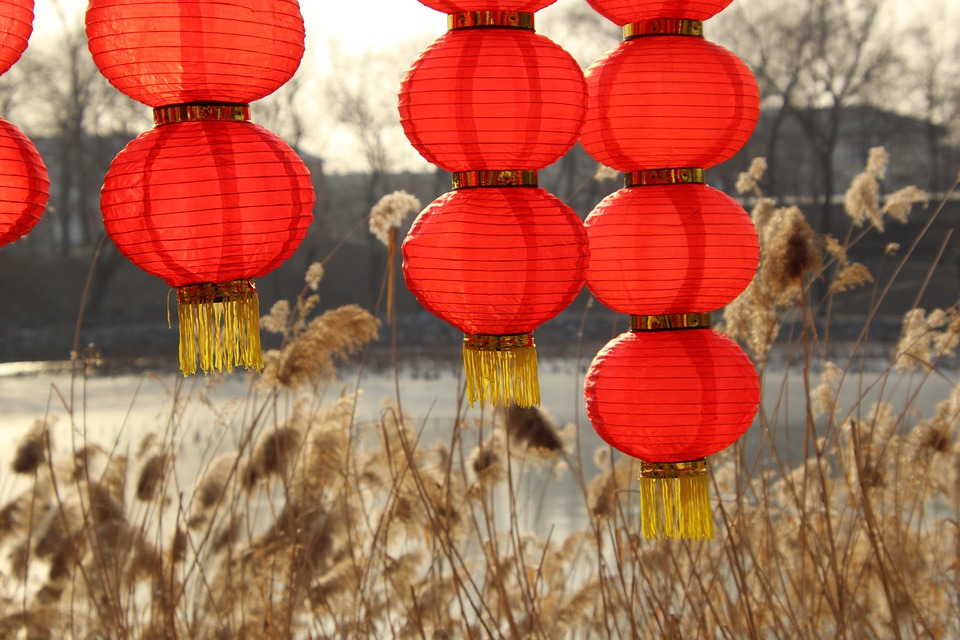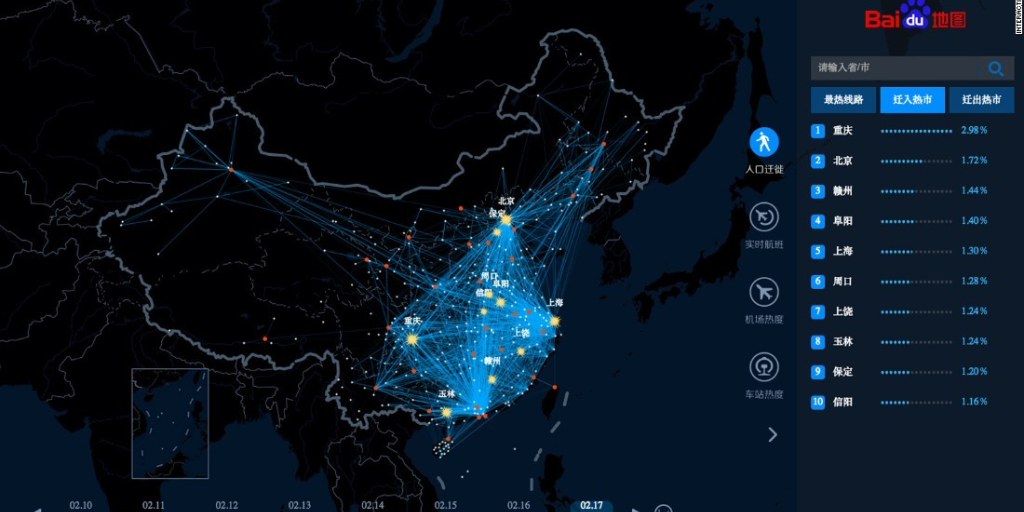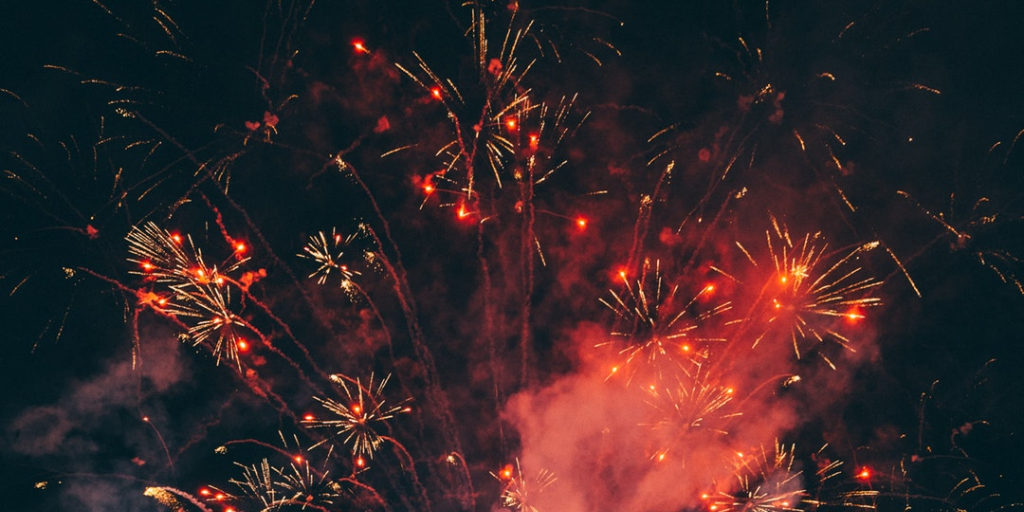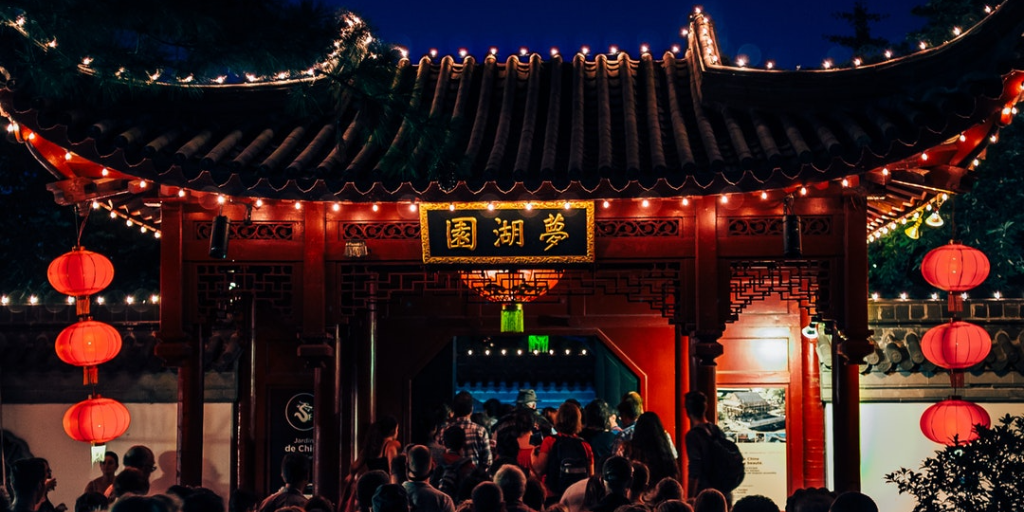Though we’ve all heard of Chinese New Year, the ins and outs of this festival remain a mystery to many in the west. Better known as Spring Festival in China, it’s one of the biggest celebrations on earth and a great demonstration of traditional Chinese culture. Some customs are gradually being abandoned by younger generations, but many are still practiced across the country. People in different regions celebrate the festival in different ways, but many traditions are the same across the country. Here are some interesting facts about the holiday you might not have known.
It’s the Busiest Time of Year
Chinese New Year was traditionally a time for families to honour their ancestors and welcome a new beginning. However, as an increasing number of people move away from home to study, work or settle, it has become a time for families to reunite and relax. Schools, offices, shops, and restaurants close for the new year period, enabling people to return to their hometowns to celebrate the new year with family.
Though officially only a week-long national holiday, people across China are on the move from around 15 days before the New Year until almost a month after in what’s known as ‘chunyun’, or the ‘spring rush’. This period has been coined the world’s biggest mass movement of people, with an estimated 390 million passengers making journeys. While train stations are bursting at the seams, and train carriages are lined with standing passengers, vibrant metropolises like Shanghai and Shenzhen turn to ghost towns as their residents return home. Check out the map below for an idea of what chunyun looks like!
Spring Cleaning
Just like people in the west, the Chinese consider their New Year a new beginning. To symbolise this fresh start and rid of any bad feelings, Chinese families clean their houses from top to bottom. This cleaning frenzy usually begins a few days before the new year, and all cleaning equipment is put away on New Year’s Eve. It’s thought that if this spring clean is not done, dishonour and bad luck will be brought to the family.
In keeping with the idea of a fresh start, many people buy new clothes ahead of the new year. Chinese people like to dress up on Chinese New Year’s Day to symbolise luck for the year to come. Red, which symbolises luck in China, is commonly worn, while black and white clothes are avoided as they symbolise death and mourning.
Fireworks and Firecrackers
According to the Chinese legend, a monster called Nian used to descend on and destroy villages on the Eve of each new year. As the legend goes, local villagers would burn dry bamboo to scare away Nian, which later inspired the use of fireworks.
Today, firecrackers and fireworks are set off across China to ward off evil spirits and demons and to bring good luck for the new year. The time at which these are set off differs from region to region, but the most common times are before the Reunion Dinner, at midnight on New Year’s Eve, and on the morning of the new year.
Setting a Precedent
According to Chinese tradition, whatever someone does on New Year’s Day sets the precedent for the year to come. Therefore, Chinese people are very careful about how they behave on New Year’s Day and refrain from doing certain things. Common examples are; not eating porridge for fear of being poor all year, not taking medicine for fear of falling ill throughout the year, and not borrowing or lending money for fear of being in debt.
No Sweeping
Though cleaning the home is important in the run up to the new year, people do not clean on New Year’s Day. It’s thought that by sweeping or dusting for up to 5 days after the celebration, people will remove the good fortune from their home and bring bad luck to the family. Even when people do begin cleaning again, they remove all dirt from the back door to maintain their good luck.
The idea that good fortune can be washed away also applies to washing your hair. The Chinese character for hair is similar to that for wealthy, so washing your hair is thought to wash away your potential fortune. Though this isn’t as strictly observed by younger generations, older people refrain from washing their hair (and possible fortune) until the 5th day after the celebration.
Eating Special Dishes
Food plays a very important role in Spring Festival celebrations, and certain dishes are eaten at this time of year to symbolise good luck and fortune for the year that follows. One of the most popular dishes, called ‘luo han zhai’, contains 18 different ingredients that each have their own superstitious qualities including wealth and wellness.
This vegetarian dish is traditionally eaten on New Year’s Day, when no animal or fish should be killed, and is thought to cleanse the body and soul.
Has this inspired you to begin your own teaching adventure in China? Explore our programs or head to our application page to get started today!





Leave A Comment
You must be logged in to post a comment.